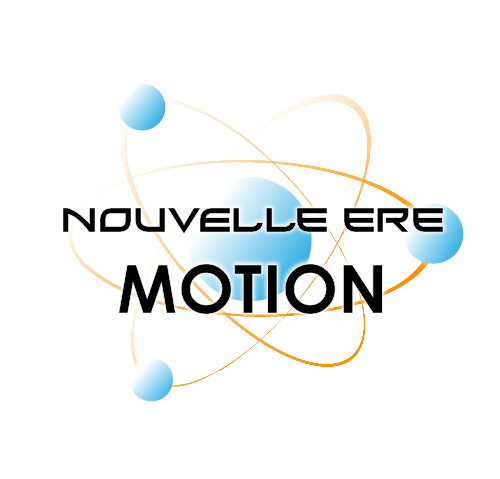70% of sales and customer service pros dont think AI will steal their jobs
AI can help customer service by making it much more tailored to the individual. AI can ensure that the maximum amount of data possible about any customer for any interaction is presented to the customer experience solution. A chatbot at a telecoms company, for example, could already know that I was having issues with call quality on multiple recent calls, and use that data to understand that I would be more https://www.metadialog.com/ frustrated with the service. It could then offer me tailored discounts or free addons to improve my service quality. Companies gather large amounts of data on their customers into large data lakes. AI can parse this information and provide summaries of information on each customer, such as their sentiment towards the company, details of previous interactions, likelihood to buy additional services, etc.
- Keeping AI systems trained and updated with the latest knowledge and trends is an ongoing investment, meaning that companies will have to place AI strategies in the long term.
- Our AI automatically classifies customer service conversations based on customer intent, language and customer sentiment to help agents work more efficiently.
- They can only start by using pre-built AI models that are available in the market or outsourcing the work to a third-party AI provider.
- In a 24/7 digital economy, they want to connect when they want, how they want — seamlessly across any device.
- Frequently asked questions account for 60-90% of your everyday customer interactions.
To understand how AI is used in customer service, we first need to appreciate that AI powers the vast majority of modern tools, whether we’re aware of it or not. It’s also helped because AI is supported by a host of complementary technologies, most notably machine learning. A recent survey by chatbot customer support artificial intelligence developer Helpshift found that 94% of 2,000+ respondents “dread contacting customer support”. Tapping into the right tool and scaling your conversation capabilities helps to boost lead acquisition, increase sales and enhance the customer experience (and brand loyalty) at every touchpoint.
We know. It’s a lot to take in.
Basically, RPA will be left to handle the most basic queries before handing the task over to human agents to complete the request. A correctly configured AI can run an RPA show with customers not realizing they’re communicating with a machine. While this kind of set up can deliver quick and precise service, it still has its limits. Expedia uses AI software to provide personally tailored online experiences for each customer. When searching for a hotel, Expedia’s AI software selects the best photos to show customers based on their previous behaviour on the site. The NHS is trialling the use an AI-powered chatbot to provide patients with digital support.
- By automating customer service, you can reduce the need for additional staff and reduce labor costs.
- Intelligent call routing and real-time decision support further optimise agent performance, leading to faster issue resolution and improved first-contact resolution rates.
- The full impact has yet to be determined and court cases will probably provide the final verdict.
- One way to overcome the cost barrier is to start small and gradually scale up as the business grows.
By removing language barriers, these tools can make customer support more accessible to diverse customer bases, broadening a company’s reach and impact. AI’s application extends to real-time performance assessment of customer service representatives. AI technology has the unprecedented ability to customer support artificial intelligence sift through and analyze vast amounts of customer data to recognize patterns, understand consumer preferences, and predict future behavior. By offering prompt and precise responses without the risk of human mistakes, they can greatly boost the effectiveness and dependability of customer service.
How Artificial Intelligence is Used in Customer Service
Unlike traditional chatbot models, which must be programmed with predefined responses, ChatGPT can be applied to a wide variety of domains. It’s trained using human feedback that helps it better understand the nuances of natural language and provide relevant, personalized responses. Generative AI enables businesses to dynamically deliver personalized content across channels, tailoring messaging, offers, and recommendations to each customer’s preferences and context. Generative AI ensures consistency in branding across channels by generating cohesive visuals, messaging, and interactions.
How customers feel about AI?
A Forbes Advisor survey shows that 76% of consumers are concerned with misinformation from artificial intelligence (AI) tools such as Google Bard, ChatGPT and Bing Chat. Fifty-four percent of those surveyed believe they can tell the difference between content written by a human and that generated by automated chatbots.
